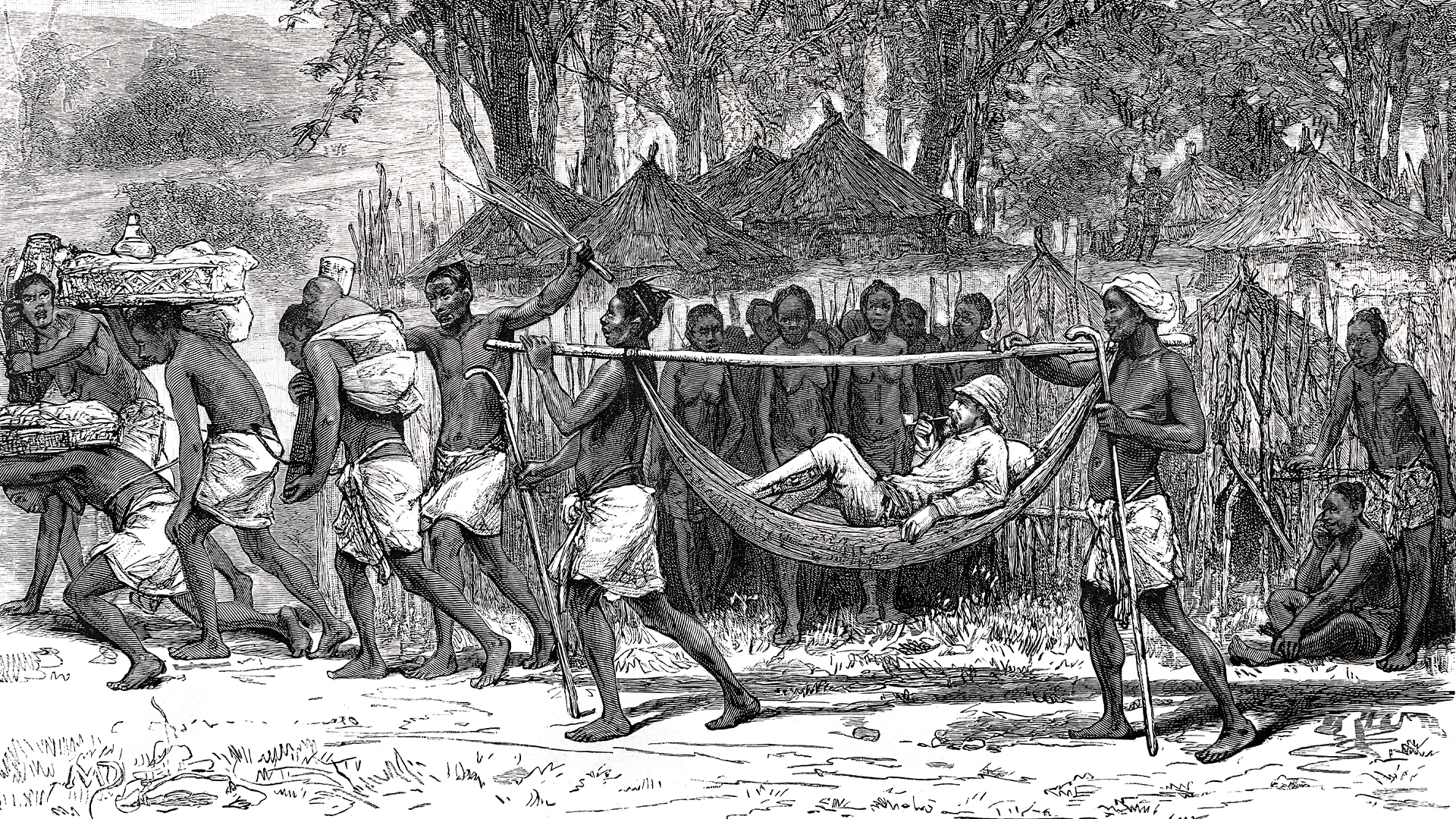
By Yasmin Carpenter
The concept of coloniality of being deepens the decolonial critique by addressing the ontological dimension of colonial domination — the ways in which colonialism not only organized power and knowledge but also shaped who counts as fully human. If the coloniality of power orders the world through hierarchies of race and labor, and the coloniality of knowledge through hierarchies of epistemic (knowledge) legitimacy, the coloniality of being exposes the existential and affective consequences of those hierarchies. It is the domain of lived experience: of what it means to exist under conditions where one’s humanity has been denied.
From Colonialism to Coloniality of Being
The concept was first articulated by Nelson Maldonado-Torres (2007) as part of the modernity/coloniality collective. Building on Aníbal Quijano’s (2000) notion of the coloniality of power, Maldonado-Torres argued that colonialism produced a specific ontology — an understanding of being — grounded in the dehumanization of the colonized. The modern subject, he writes, was constituted through a relation of negation: “I conquer, therefore I am.”
This inversion of Descartes’ famous dictum — “I think, therefore I am” — reveals the intimate link between modernity’s self-understanding and its colonial violence. The subject of reason was not an abstract, universal being; it was the European conqueror whose capacity for thought was defined against the supposed irrationality and inferiority of others. In this sense, the modern notion of humanity was built on the systematic denial of humanity to vast segments of the world’s population (Maldonado-Torres 2007; Mignolo 2011).
The Ontological Divide
Colonialism thus produced what Frantz Fanon (1952) called a “zone of nonbeing” — a space where the colonized exist as subjects of domination but not as subjects of knowledge or history. The coloniality of being describes how this ontological divide persists after the end of formal colonial rule. It operates through racialization, gender hierarchies, and the continued devaluation of non-European lives (Lugones 2014).
María Lugones (2008) expanded this insight through her concept of the coloniality of gender, showing how the very category of “woman” in modernity was constructed within racial and colonial logics. The colonial world not only produced economic and epistemic dependency but also imposed particular ways of being human, male, female, civilized, or savage. In this sense, the coloniality of being is inseparable from the coloniality of power and knowledge: together, they form a triad that organizes both material domination and subjective experience.
The Subaltern and the Wound
The coloniality of being manifests as what authors call the colonial wound — the internalization of inferiority, the pain of epistemic and existential disqualification. Gayatri Spivak’s famous question, “Can the subaltern speak?” (1988), encapsulates this dilemma: within a world structured by coloniality, the subaltern’s voice is not merely unheard; it is rendered unintelligible.
To exist as subaltern is, therefore, to inhabit a fractured subjectivity — what Lugones (2014) describes as the “lócus fraturado” or fractured locus of being. It is the space of both oppression and resistance, of suffering and creativity. The colonial wound is not only the mark of domination but also the site from which decolonial thinking and action emerge.
Decolonial Healing
The decolonial project seeks to heal this wound by restoring the being denied by modernity. This does not mean assimilating into the colonial definition of humanity but redefining it. As Mignolo (2011) suggests, decoloniality is a movement from the zone of nonbeing toward the affirmation of multiple ways of existing and knowing — a practice of re-existence.
Boaventura de Sousa Santos (2014) calls this process ontological justice: the recognition that there are many ways of being human, each embedded in distinct cosmologies and relations with the world. Decolonial thought thus insists that justice cannot be achieved without addressing the ontological hierarchies that coloniality has produced.
—
This entry is part of an ongoing series exploring the core concepts of decolonial thought within the DCC Encyclopedia. To continue reading, click here to explore related entries on coloniality of power, coloniality of knowledge, and decoloniality.
—
References
- Fanon, Frantz. Black Skin, White Masks. Paris: Seuil, 1952.
- Lugones, María. “Heterosexualism and the Colonial/Modern Gender System.” Hypatia, 22(1), 2008.
- Lugones, María. “Rumo a um Feminismo Descolonial.” Revista Estudos Feministas, 22(3), 2014.
- Maldonado-Torres, Nelson. “On the Coloniality of Being.” Cultural Studies, 21(2–3), 2007.
- Mignolo, Walter D. “Epistemic Disobedience and the Decolonial Option.” Transmodernity, 2011.
- Quijano, Aníbal. “Coloniality of Power, Eurocentrism, and Latin America.” Nepantla: Views from South, 1(3), 2000.
- Santos, Boaventura de Sousa. Epistemologies of the South: Justice Against Epistemicide. Routledge, 2014.
- Spivak, Gayatri Chakravorty. “Can the Subaltern Speak?” In Marxism and the Interpretation of Culture, 1988.
